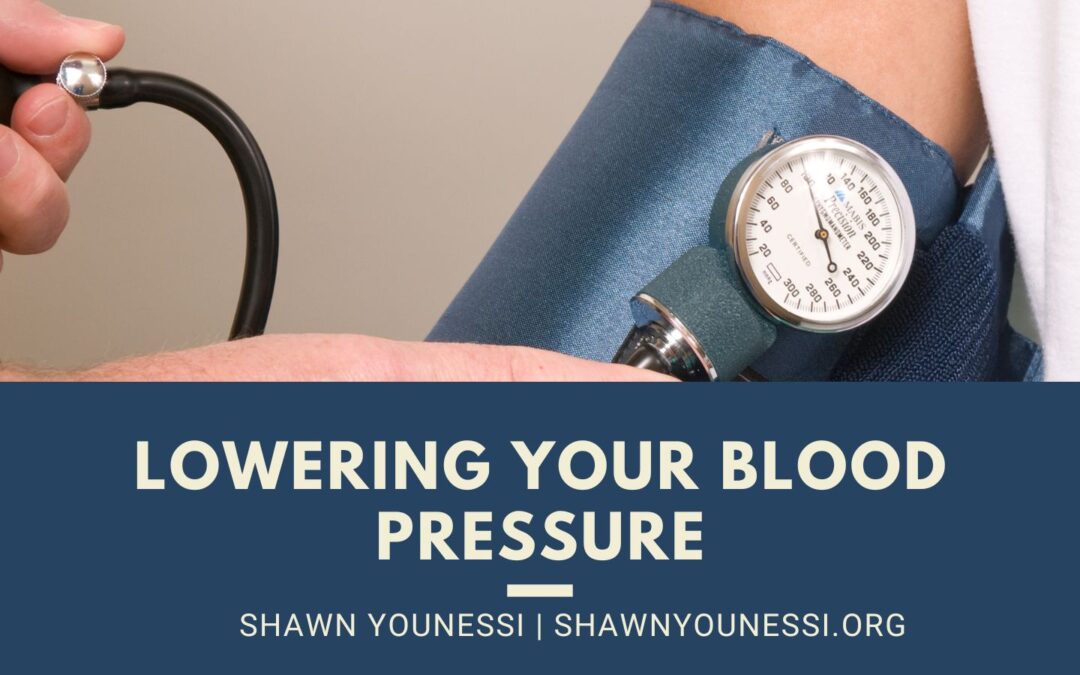High blood pressure, also known as hypertension, is a common health problem affecting millions worldwide. High blood pressure can lead to serious health complications like heart disease, stroke, and kidney failure. Fortunately, several ways exist to lower your blood pressure and reduce your risk of developing these complications.
Lifestyle Changes
Making lifestyle adjustments is one of the most efficient strategies for lowering blood pressure. This entails keeping a healthy weight, eating a balanced diet, reducing salt, and exercising more. Regular exercise and even a small amount of weight loss can both assist in reducing blood pressure.
Diet and Intake Changes
Eating a healthy diet is also essential for lowering your blood pressure. This means limiting your intake of processed foods and unhealthy fats. Foods high in potassium, such as bananas, leafy greens, and sweet potatoes, can be particularly beneficial for lowering blood pressure.
Reducing your salt intake is also crucial for lowering your blood pressure. Most people consume too much salt, which can cause problems down the line, especially with high blood pressure.
Medication
In addition to lifestyle changes, several medications can help to lower your blood pressure. These include diuretics, ACE inhibitors, and calcium channel blockers. Your doctor can help you determine which medication is proper for you and may recommend a combination of medications to achieve the best results.
Regular blood pressure monitoring is crucial, especially if you have a family history of hypertension or other risk factors. During routine checkups, your doctor can measure your blood pressure and, if required, may advise additional tests. To obtain a more accurate picture of your blood pressure throughout the day, they could occasionally also advise a 24-hour blood pressure monitoring test.
Lowering your blood pressure is crucial for reducing your risk of developing serious health complications. You can naturally lower your blood pressure by changing your lifestyle to maintain a healthy weight, eat a balanced diet, and engage in more physical exercise. If these efforts are unsuccessful, your doctor could suggest medication to help you reach your goal blood pressure. You can ensure that your blood pressure stays within a healthy range by getting regular monitoring and checkups.
